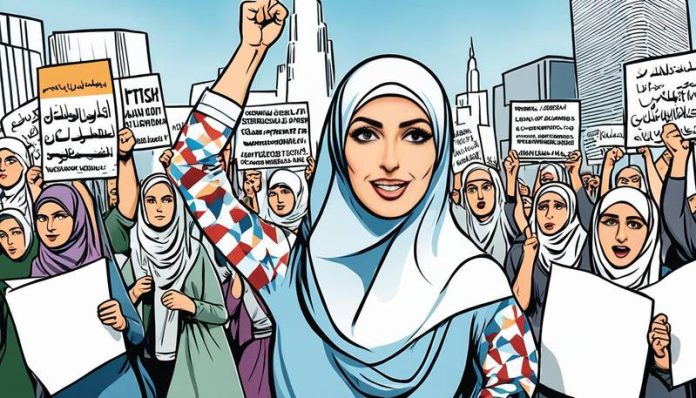The recent release of the Women’s Affairs Reform Commission’s report has reignited debates on women’s rights in Bangladesh. Proposals such as gender-equal inheritance have triggered backlash from several religious political parties, who demand the report’s rejection. Surprisingly, some male activists from the historically progressive July uprising have aligned with these conservative voices, while secular forces remain notably silent. This dual patriarchal resistance—both religious and secular—now shapes the national discourse, reported the New Age Daily.
At the center of religious opposition is the argument that gender-equal inheritance contradicts Islamic principles. However, renowned Muslim feminist scholars strongly dispute this claim. They argue that such opposition is rooted not in the Qur’an but in patriarchal interpretations by male religious authorities (ulama), whose traditional commentaries have long reinforced male dominance.
Global scholars such as Amina Wadud (USA), Ziba Mir-Hosseini (Iran), Asma Barlas (Pakistan), and theologians like Fazlur Rahman and Khaled Abou El Fadl draw a distinction between Sharia (divine law) and fiqh (human interpretation). According to them, fiqh is a historically male-authored construct that reflects the social context of the past, not modern realities.
These scholars argue that the Qur’an emphasizes spiritual and moral equality between men and women. For instance, verse 4:1 of the Qur’an proclaims that both were created from a single soul. The principle of tawhid (oneness of God) further implies equality for all human beings, regardless of gender.
Amina Wadud contends that verses like 4:11 (on inheritance) and 4:34 (on male authority) were intended to protect women in a 7th-century context where they neither owned property nor earned income. Interpreting these verses outside their historical context leads to injustice. She particularly critiques the word qawwamun (often translated as “men are in charge of women”), explaining that it refers to financial responsibility rather than male superiority.
Fazlur Rahman’s “Double Movement Theory” reinforces this by urging scholars to first understand verses in their historical context and then apply them to contemporary situations. As women today actively earn and support families, clinging to outdated interpretations perpetuates inequality.
Ziba Mir-Hosseini emphasizes that Sharia is grounded in justice and human dignity, whereas fiqh—developed by male scholars—is flexible and open to change. The long-held legal provision that men inherit twice as much as women, once relevant, no longer aligns with the modern economic roles of women.
Asma Barlas also insists that the Qur’an is a liberatory text for women but has been misrepresented by patriarchal interpretations. She and Mir-Hosseini advocate reinterpreting the Qur’an through the lens of justice, rather than male privilege.
The Qur’an itself highlights gender equality in verses like 4:32—”Men have a share of what they earned, and women have a share of what they earned”—and 3:195—”I disregard not the works of any who works among you, be they male or female. The one is like the other.”
In a society where over 26 million women are active in various sectors, the argument that women should inherit less because they do not earn is no longer valid. Islam’s tradition of ijtihad—independent reasoning—must be revived to meet evolving realities and uphold the core Islamic principles of justice and equity.
The critical question remains: Will religious leaders continue to deny equal rights to half the population, or will they rise to embrace justice and build a more harmonious society? If the ideals of the July uprising are to endure, its stand against discrimination must include gender justice.




